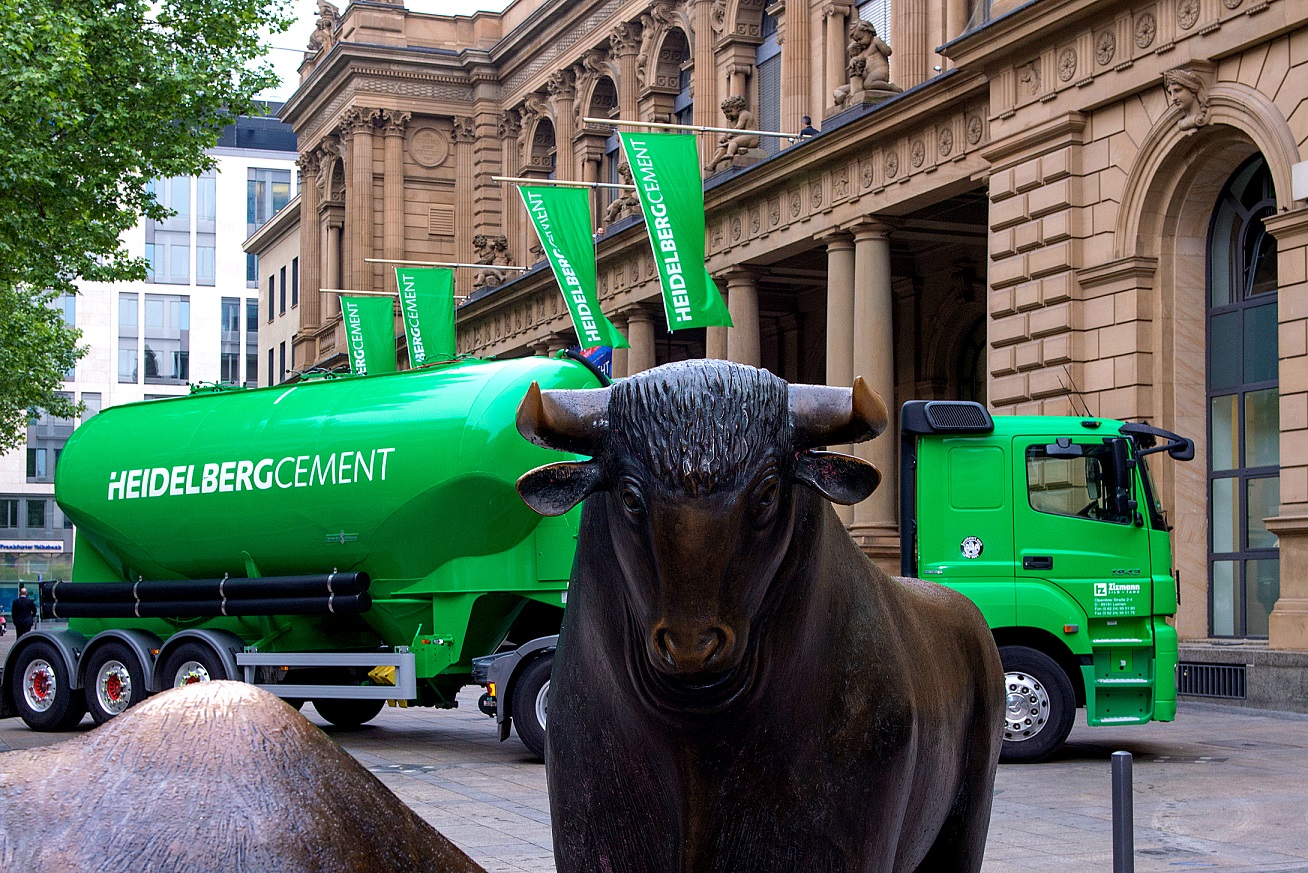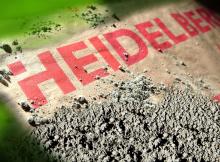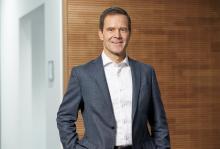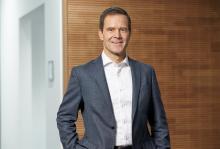
Compared with a strong January and February 2019, HeidelbergCement sales volumes increased in all business lines in the first two months of 2020. From mid-March, however, company sales volumes were significantly impaired by the effects of the coronavirus pandemic, such as state-imposed production downtimes and construction stoppages on significant infrastructure projects.
During the first quarter of 2020, HeidelbergCement’s total cement and clinker sales volumes decreased by 3% to 27.7mn tonnes (2019: 28.6mn). Deliveries of aggregates declined by 4% to 60.1mn tonnes (last year: 62.9mn), and ready-mixed concrete sales volumes fell by 6% to 10.7mn m³ (previous year: 11.3mn m³). At 1.8mn tonnes (2019: 1.8mn tonnes), asphalt sales volumes were 4% below last year's level.
Group revenue decreased by 7% in comparison with the previous year to €3.93bn (last year: €4.23bn). The decline from the trading activities contributed significantly to this development. Excluding consolidation and exchange rate effects, the decline amounted to 8%. Changes to the scope of consolidation of €6mn harmed revenue; exchange rate effects, on the other hand, increased revenue by €23mn. The overall positive price development only partially offset the decline in sales volumes and trading activities.
In the reporting period, material costs fell significantly by 16% to €1.59bn (previous year: €1.904bn). This decline resulted primarily from the reduced expenditure on goods purchased for resale. The balance of other operating expenses and income was 1% below the previous year’s level at €-1.149bn (last year: -€1.166bn). At €767mn (2019: €763mn), personnel costs remained almost unchanged. The result from equity-accounted investments (REI) fell by 52% to €17mn, significantly below the previous year’s figure of €36mn.
The result from current operations before depreciation and amortisation grew by 3% to €405mn (previous year: €392mn). Excluding consolidation and exchange rate effects, the growth amounted to 2%. The result from current operations rose by 5% to €59mn (2019: €56mn). Excluding consolidation and exchange rate effects, the growth amounted to 4%.
HeidelbergCement is in a firm financing position. The available liquidity from cash, available-for-sale financial investments, and derivative financial instruments, as well as undrawn credit lines, amounted to €5.4bn as at the end of March 2020. In April, the company more than offset the cash outflow from the repayment of a Eurobond of €750mn by issuing a new €650mn bond with a 4.5-year maturity and a 2.5% coupon and by enhancing the bilateral credit line by €425mn totalling €3.3bn of confirmed and undrawn credit lines.
Dr Dominik von Achten, chairman of the Managing Board of HeidelbergCement, said: “HeidelbergCement has made a good start to 2020. Until mid-March, construction activity worldwide was only slightly impaired by the effects of the coronavirus pandemic, and our results increased in comparison with the previous year.
“From mid-February, we acted promptly and comprehensively to take the measures that were necessary, given the situation. In doing so, the health of our employees, customers, and service providers has always been and remains a priority. The low number of infected employees within the Group speaks for itself. I would like to thank all employees worldwide for their daily commitment to our customers – sometimes under difficult circumstances – and for keeping construction activity going wherever possible.
“With COPE, we have launched a comprehensive action plan across the Group at the end of February that focuses on cost savings and on maintaining our high level of liquidity. This includes, for example, minimising all non-essential expenses, reducing personnel costs, voluntary reductions in management salaries, restrictions on investments, and reduced tax payments. Our objective is to reduce expenses by €1 billion with these measures.
“The positive start to the year demonstrates that HeidelbergCement is very well positioned even in difficult times. When the economy picks up again, and construction activity in our markets returns to normal, we will still have good, perhaps even better prospects for sustainable and profitable growth. We see the crisis as a clear opportunity.”
HeidelbergCement says it is globally well-positioned, in terms of the way it is coping with the immediate effects of the global coronavirus pandemic as well as its prospects for sustainable and profitable growth, which remain good from a long-term perspective. At an early stage, the company took all the necessary measures to cushion the impact of the coronavirus-related decline in construction activity on its revenue.
The development in the second half of the year will be a crucial indicator of how quickly and sustainably the construction industry recovers to the pre-crisis level. The Group anticipates that in individual core markets, construction activities are likely to benefit in the medium term from infrastructure and other economic stimulus programmes launched by governments.
“The current development in the construction industry is highly dynamic,” says Dr von Achten. “Some countries have relaxed protective measures, while others are continuing to pursue restrictive policies. It, therefore, remains difficult to provide an outlook for the year. However, our measures from the COPE action plan are already proving highly effective. We will weather the crisis very well.”









